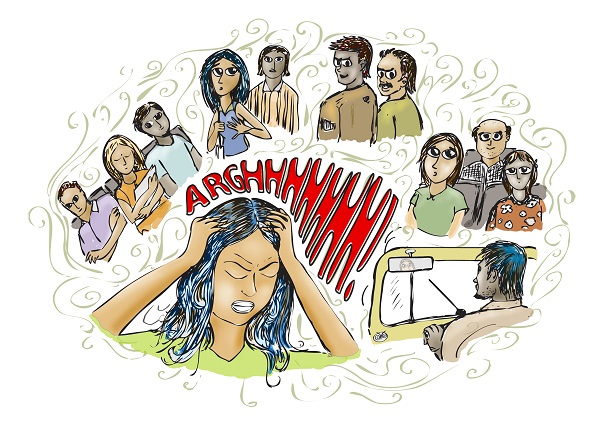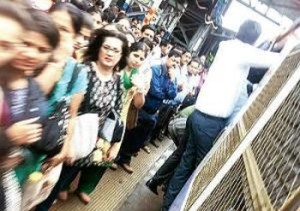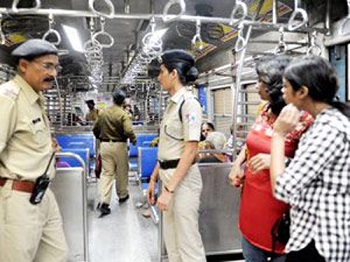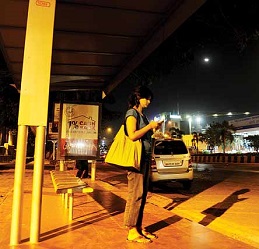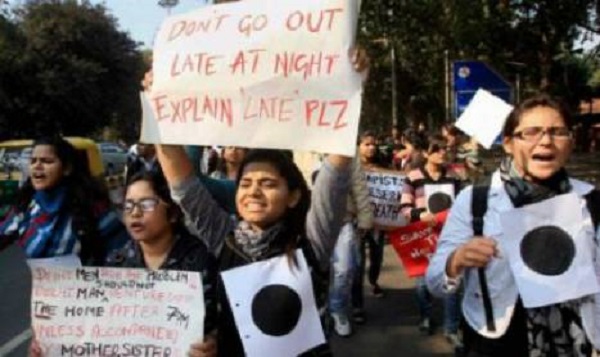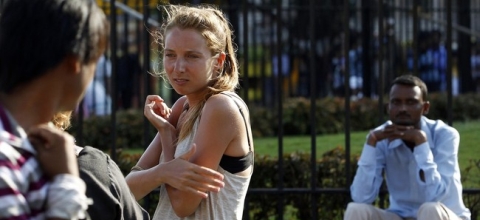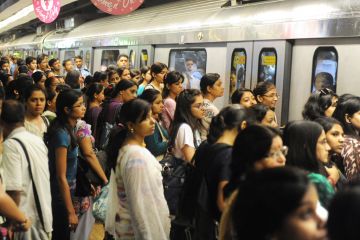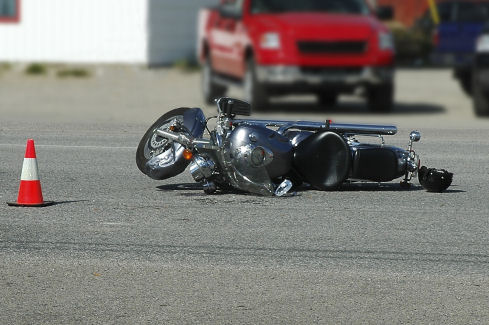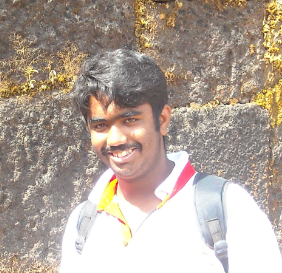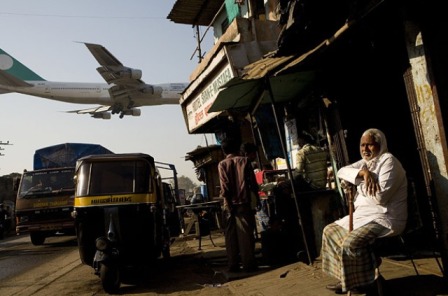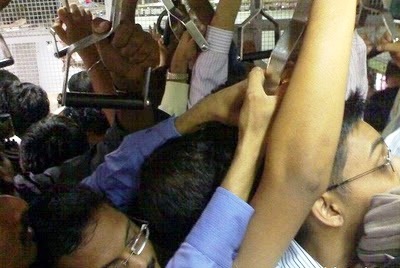A psychologist explains how a city’s vibrancy and aura of success can be the very basis for depression among citizens.
by Devashri Prabhu
Mumbai is life personified…it is active, zingy, kicking and full of energy. Even when the world sleeps at night, Mumbai is awake and alive. It crawls, runs, jumps, does a jig or two but never stops. It instills hope in you, it hugs you when you feel alone, it smiles with you and it helps you fall in love with life all over again.
You just cannot not ‘live’ when you are here – at least that was what I felt when I came to Mumbai. Then my journey with psychology took me to such corners of the city that showed me a complete different side of the life in this city. I saw people who had given up all the hope to live, all thanks to the wounds that this city inflicted on them, some physical and some emotional.
How can a city so alive be depressed?
 No, this just can’t be – I revolted. Nobody can give up on living just like that and too in my city, Mumbai! But the truth spoke in numbers – Mumbai does fare badly when it comes to depression. There is a palpable feeling of helplessness in the city which leads us to what we know as ‘depression’.
No, this just can’t be – I revolted. Nobody can give up on living just like that and too in my city, Mumbai! But the truth spoke in numbers – Mumbai does fare badly when it comes to depression. There is a palpable feeling of helplessness in the city which leads us to what we know as ‘depression’.
The city has even prompted many people to end their lives drastically. The most recent example of this was the suicide of young actress Jiah Khan. Whatever her reasons may be, the frantic beat of the city poured a strange loneliness into her, which probably could not be cured even by love. Be it a housewife in a suburb trying to balance the needs of her husband, children on one hand and her personal dreams on the other, or a share broker who had just promised his son a new toy car that he saw in a upmarket toy shop or a struggling starlet, or the model who is trying hard to gain a foothold in the city of dreams, all of them have one thing in common – they all have felt the frustration while fulfilling their everyday goals and functions. This frustration, when it becomes too hard to handle, put a person into depression.
How depressed is Mumbai?
It turns out that depression is striking the city in several deadly ways. During my internship trial at the same clinic, a young girl of 14 to 15 years of age, who had just come to Mumbai – new and fresh and with lot of dreams – was depressed, and the reason was this very city. The city spoke to her in a very different language, a language she could not understand. She soon felt out of place – even among her friends. She felt all alone even when surrounded by her very own family.
Soon she started seeing only faults in herself, while the fault was not totally hers. Thus started the long dark journey towards depression, with an attitude that said, “This is the end of it,  I cannot take it any more because I cannot do anything about it.” The ‘I’ loses faith and finally the ‘I’ is crushed and becomes non-existent. The life that we were gifted becomes a burden, a burden so heavy that some people prefer death over it.
I cannot take it any more because I cannot do anything about it.” The ‘I’ loses faith and finally the ‘I’ is crushed and becomes non-existent. The life that we were gifted becomes a burden, a burden so heavy that some people prefer death over it.
The question is: Does anything have so much power over the choices we make, that we choose death rather than facing life? A web definition of depression goes: ‘Clinical depression (also known as a major depressive disorder) is a complex condition marked by sustained instances of a depressed mood and loss of interest in life. It differs from having a depressed mood in that a major depressive disorder lasts for more than two weeks, evolving into a mental illness.’
Besides getting a medical help here are certain simple things that you must do when you feel depressed:
– TALK or SHARE: Talk to someone who has a positivity around him or her. Just talk it out. Your friends will understand you. Go to a friend, hang out with him/her, chill for some time, let yourself loose.
– LOVE YOURSELF: Be Geet from the movie Jab We Met. It’s okay to indulge in yourself completely once a while. You have to stand in front of mirror and say that you love yourself dearly, thank the whole of your being for just ‘existing’. Stay away from self-pity.
– ACTION: Bring some action in your life. Dance, jog, run, do yoga or whatever activity that suits you. A little spring in your step makes a difference to your mood.
– AFFIRMATIONS: Fight negative thoughts. Fight against them, and give them a hell of a fight. In reality, they are nothing but little packets of irrational fears, that are created to destroy your developing self. Just start every thought with ‘I can…’ and fill the blanks with your wishes and dreams and believe in them. ‘Faith’, one of the most important tools, will help you in this battle.
– NOVELTY: Try things that you have never tried before. The excitement of trying something new gives you a rush, it helps break the monotony of your daily routine. Besides, it might just give you a fresh perspective to life, the one that may move you to a better you.
There is no be-all-end-all way in our life. The city we that we call ours has the power to heal the wounds that we carry with ourselves, just like, our life. The questions that are still unanswered may be because we were searching the wrong cabinet or maybe we are in a situation where our ladder is at the wrong wall. But so what, it’s never too late for anything in life. Time, after all, has the answers to everything and all we have to do is give time some time!
Devashri Prabhu has a Masters in Psychology and her interests lie in areas like Mental Health, Social Issues and Spirituality.
(Pictures courtesy theviewspaper.net, she.sulekha.com, healthposts.easemyhealth.com)

